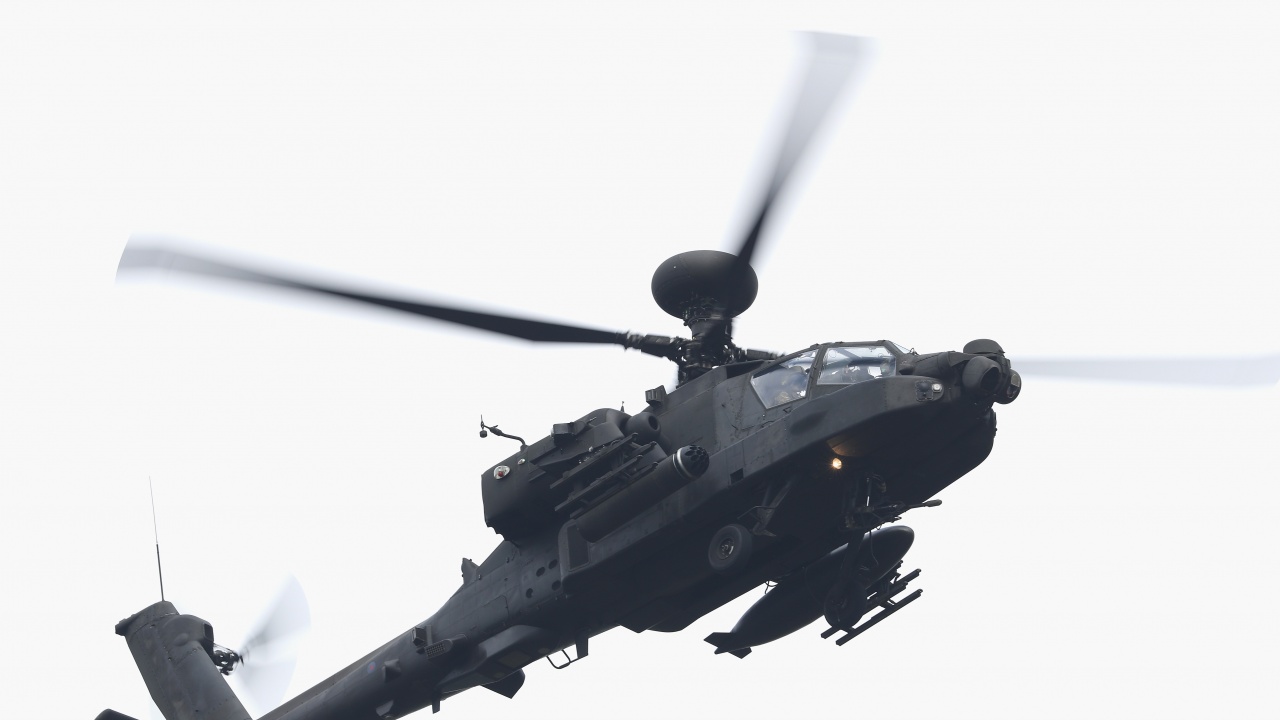Taiwan has abandoned plans to buy new modern anti-submarine helicopters from the United States on the grounds that they are too expensive, Reuters reported.
Earlier, Taiwan had announced plans to acquire 12 MH-60Ar helicopters manufactured by the US company Sikorsky.
However, Taiwanese media reported that the United States refused the deal because it did not meet the needs of the island.
A "record number" of Chinese planes entered Taiwan's airspace
Asked in the Taiwanese parliament about recent changes in the policy of acquiring new weapons from the United States, Defense Minister Khao Kuanchi first cited the case of helicopters.
Their price is too high, beyond the capabilities of our country, he explained.
Two other purchases of weapons were also postponed - M109A6 self-propelled howitzers and Stinger mobile anti-aircraft missiles.
Another point of conflict: China with military exercises around Taiwan
Stinger missiles, manufactured by the American company Rating Technologies, are in great demand in Ukraine, where they are used against Russian aircraft.
However, supplies from the United States have decreased and there are significant obstacles to the production of more such weapons, notes BTA.
Taiwan has already signed a contract with Stinger and paid for them, Taiwan's defense minister said.
He will urge the United States to supply the missiles.
We do not see arms sales as a trivial matter and we have contingency plans, Cao added, without going into details.
Taiwan says the United States has offered alternatives to the M109A6 self-propelled howitzers, including truck-mounted missile launchers manufactured by Lockheed Martin.
"The authorities in Taipei are still considering their options on the issue," Cao said today.
Taiwan, which China claims to be its territory, is pursuing a military modernization program to improve its defense and increase its ability to repel a possible Chinese attack, including with precision weapons such as missiles, Reuters reported.
President Tsai Yingwen advocates the concept of "asymmetric warfare," which involves the development of high-tech, easily portable weapons that are difficult to destroy and can be used for precision attacks.
USA
Taiwan
helicopters
